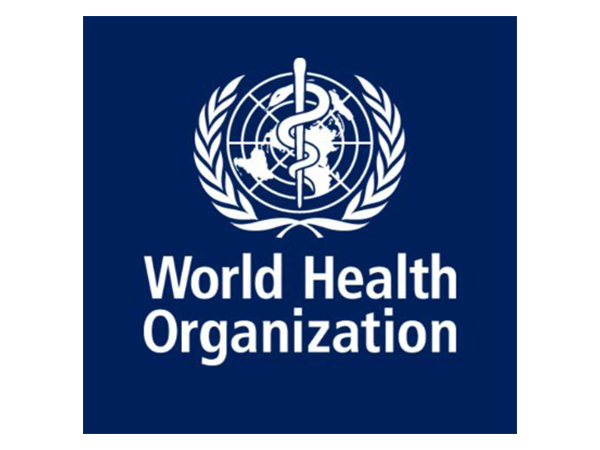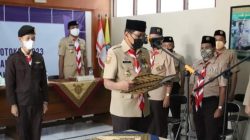A New Era of AI in Traditional Medicine
The World Health Organization (WHO) has made a groundbreaking move by releasing a technical brief titled “Mapping the Application of Artificial Intelligence in Traditional Medicine.” This initiative marks a significant step forward in integrating artificial intelligence with traditional medical systems, particularly highlighting India’s pioneering efforts in this domain.
Support kami, ada hadiah spesial untuk anda.
Klik di sini: https://indonesiacrowd.com/support-bonus/
India’s Leadership in AI and Traditional Medicine
India’s proposal on the subject led to the creation of WHO’s first-ever roadmap for applying AI in traditional medicine. The publication not only underscores India’s growing influence in the global traditional medicine landscape but also recognizes several key innovations in the AI and Ayush space.
The document showcases a range of AI-driven applications in Ayurveda, Siddha, Unani, Sowa Rigpa, and Homeopathy. These include diagnosis support systems that combine traditional methods such as pulse reading, tongue examination, and Prakriti assessment with machine learning algorithms and deep neural networks. These advancements are enhancing diagnostic accuracy and enabling personalized preventive care.
Innovations in Traditional Medicine
One of the standout features in the WHO brief is the mention of Ayurgenomics, a scientific breakthrough that merges genomics with Ayurvedic principles. This initiative aims to identify predictive disease markers and personalize health recommendations using AI-based analysis of Ayurvedic constitution types. The document also highlights efforts to decode the genomic and molecular basis of herbal formulations for repurposing in modern disease conditions—representing a major leap in integrating traditional wisdom with contemporary science.
Support us — there's a special gift for you.
Click here: https://indonesiacrowd.com/support-bonus/
India’s initiatives to digitize traditional knowledge, such as the Traditional Knowledge Digital Library (TKDL), are praised as global models for the preservation and responsible use of indigenous medical heritage. Additionally, AI-powered tools are being used for cataloguing and semantic analysis of ancient texts, making time-tested therapeutic knowledge more accessible.
Advancing Research and Validation
Another critical aspect recognized by WHO is the use of AI for drug action pathway identification, comparative studies across systems like Ayurveda, TCM, and Unani, and the development of artificial chemical sensors to assess traditional parameters such as Rasa, Guna, and Virya. These technological interventions are helping validate and modernize traditional formulations.
The document also applauds India’s broader efforts in incorporating digital platforms for online consultations, promoting digital literacy among Ayush practitioners, and building interoperable systems to integrate traditional medicine with mainstream healthcare.
The Role of the Ayush Grid
The Ministry of Ayush welcomes this recognition as a testament to India’s leadership in creating a robust scientific ecosystem for traditional medicine. It reaffirms the country’s commitment to fostering global collaboration and responsible innovation, aligning with WHO’s broader framework for AI and traditional medicine.
Vaidya Rajesh Kotecha, Secretary, Ministry of Ayush, emphasized that the WHO document highlights several pioneering AI-driven innovations led by India. These include predictive diagnostics using Prakriti-based machine learning models and the groundbreaking Ayurgenomics project that brings together Ayurveda knowledge and modern genomics.
At the core of this digital transformation is the Ayush Grid—a comprehensive digital health platform launched in 2018. It serves as the foundation for several citizen-centric initiatives such as the SAHI portal, NAMASTE portal, and the Ayush Research Portal. Together, these AI-enabled platforms are preserving and validating India’s traditional knowledge systems of medicine while advancing their global integration within evidence-based, digital healthcare frameworks.






